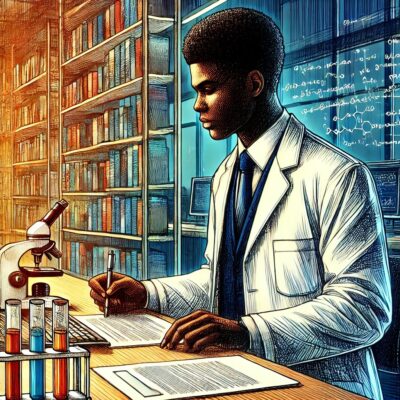Biomechanics researchers study the principles of movement, focusing on how the body interacts with forces, to improve performance, prevent injuries, and develop innovative equipment.
What is a typical day as a Biomechanics Researcher?
– Conducting experiments to analyze body movements using tools like motion capture systems and force plates
– Collecting and interpreting data on muscle function, joint mechanics, and movement patterns
– Writing research papers and presenting findings at academic or industry conferences
– Collaborating with sports teams or equipment manufacturers to apply research in real-world settings.
What else might they be expected to do?
– Design ergonomic sports equipment to enhance athlete performance
– Test and refine wearable technology, such as fitness trackers or smart clothing
– Stay updated on advancements in biomechanics and related fields
What type of training is needed for this career path?
– A degree in Biomechanics, Biomedical Engineering, or Exercise Science, followed by a master’s or Ph.D. in Biomechanics or related fields.
– Research experience and technical skills in using biomechanics software and tools.
What kind of personality is needed to excel in this career path?
– Analytical, detail-oriented, and innovative individuals thrive in this role.
– Big 5 traits: Openness and Conscientiousness.
– Myers-Briggs types: INTP or ISTJ align well with this career.
What challenges can I expect to face if I pursue this career path?
– Securing funding for research projects in a competitive academic environment
– Translating complex scientific findings into practical applications
– Staying current with rapid advancements in biomechanics technology
What are the job prospects for this path in Kenya and Africa? What about International prospects for a Kenyan citizen?
– Kenya and Africa: Opportunities in academic institutions, research centers, and sports organizations are growing as sports science gains traction.
– International: High demand in sports labs, universities, and global equipment manufacturers.
What should I focus on if I choose to pursue this career?
– Develop expertise in data collection and analysis tools used in biomechanics.
– Gain experience in research methodologies and project management.
– Build collaborations with industry partners to apply research findings.
Which other careers or job roles can I progress to?
– Sports Scientist
– Rehabilitation Specialist
– Ergonomics Consultant
– Academic Researcher

